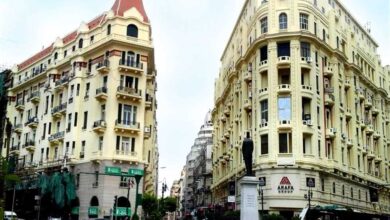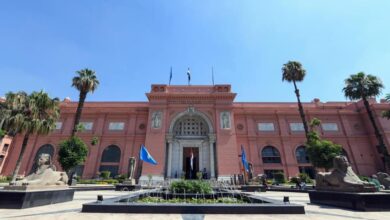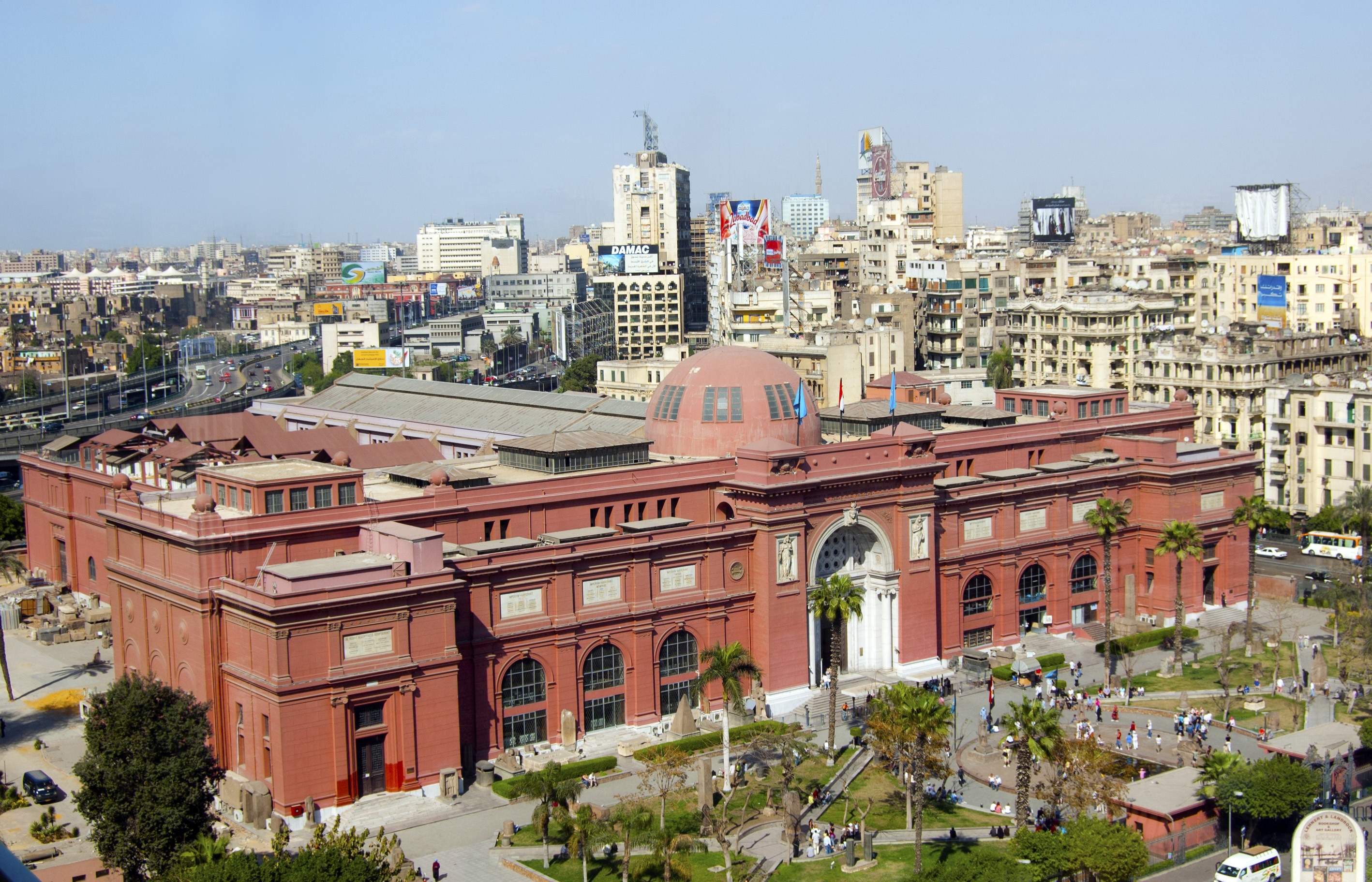Political discourse in Egypt at the best of times can be strange and full of empty talk ("kalam fadi"). But some of the statements recently made by presidential candidate Ahmed Shafiq and the media that support him are rather odd. In the lead up to the runoff, we were treated to Shafiq presenting himself as the candidate of the revolution who would usher Egypt into a bright future, while his rival represented “a return to the dark ages” and chaos. He continued to present the Muslim Brotherhood as not just a group of religious fanatics that would take individual freedoms back decades — that attack is fairly standard — but as having been a part of the old regime. The irony appears to have been lost on the man who served the Hosni Mubarak regime for many years and was appointed prime minister in the last days of his presidency. Shafiq now presents himself as the candidate of “national reconciliation.”
Around a week ago, Al-Dostour — the once-feisty newspaper run by the courageous journalist Ibrahim Eissa until its owner, Wafd Party leader Al-Sayed al-Badawy, kicked him out — joined in the Brotherhood-bashing. The real murderers of the more than 853 protesters killed during the 2011 uprising, it said, were not security forces but Brotherhood death squads. That certainly seems to answer the question of who was actually responsible for the murders, since the court that sentenced Mubarak and ex-Interior Minister Habib al-Adly to prison for 25 years only found that they had failed to prevent the deaths, not that they had ordered them (and consequently let off all of the other security chiefs involved).
Shafiq's rival, Mohamed Morsy of the Freedom and Justice Party (and, much more importantly, the Brotherhood candidate), has been having something of a makeover. Having been dubbed by the Brotherhood’s supreme guide as a new Abu Bakr, the first caliph after the death of Prophet Mohamed, he recently tried to rally those who did not vote for him by saying he is the candidate of the revolution. This is certainly more credible than Shafiq being the candidate of the revolution, but one may ask where Morsy and his Brothers were last year when they remained largely silent as protesters were killed in the Mohamed Mahmoud Street and cabinet clashes in November and December. The Brotherhood was largely happy to work with the ruling military council and other politically conservative forces.
At stake over this back-and-forth — the political attacks, the outright lies, the wooing of the majority of the electorate that voted neither for Shafiq nor Morsy — is the privilege to define what the revolution was. The word has been cheapened in the last year, in more than one way, and means different things to different people now. The counter-revolutionary establishment Shafiq represents wants the revolution to end with the overthrow of Mubarak. The Brotherhood sees the revolution’s goal as implementing its “Renaissance Project.” Without a doubt, there are many different versions of the revolution and many attempts to subvert it.
This may be unpopular to say, but a good part of the blame for the lack of a clear idea of what the revolution is lies with the revolutionaries themselves. Some seem to be content with constant attempts to recreate the mood of those magical 18 days in Tahrir Square, but any recent visit to the square tells another story. The revolution was not the occupation of the square itself, but the act of taking it and routing security forces in order to do so. If you’re allowed to retake the square anyway, if it becomes a dedicated protest zone like the steps of the Journalists Syndicate once were, it’s hardly a transgressive measure anymore.
The revolutionaries also failed to define what it was they wanted from this revolution, and to sell this idea to the wider population that, most of the time, is not interested in protests and marches. To recapture the imagination of the population, to take their rivals off-balance once again, the revolutionaries have to strike where it’s least expected, and in a manner that is novel. The next battle might not be won in public squares, but in courts, in Parliament, in activism that takes place in dirty alleyways and isolated villages, and in the field of ideas and civil society, with humility and perseverance. And it’s going to take a lot longer than 18 days.
Issandr El Amrani is a writer on Middle Eastern affairs. He blogs at www.arabist.net.
This article was written prior to the recent Supreme Constitutional Court verdict to dissolve Parliament.




